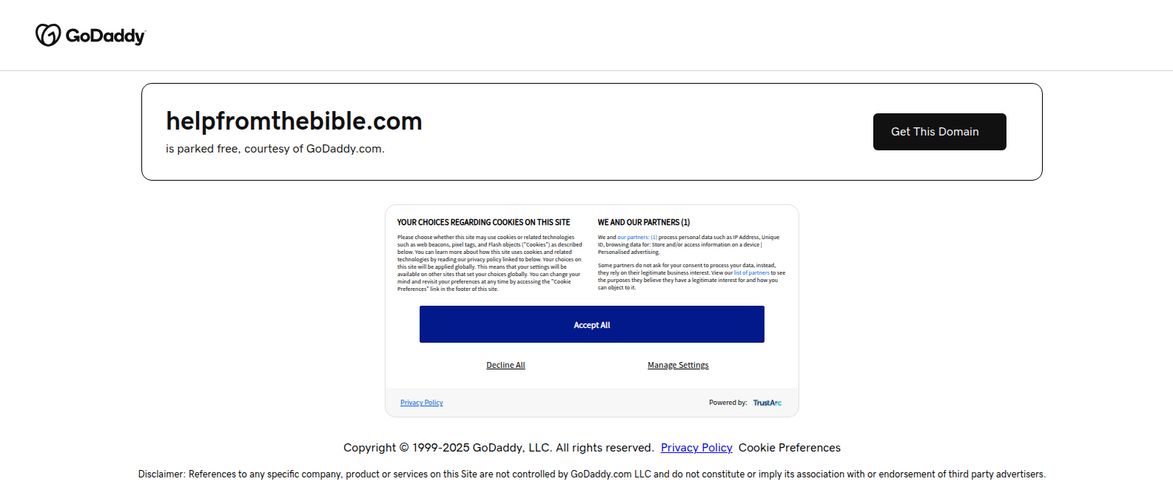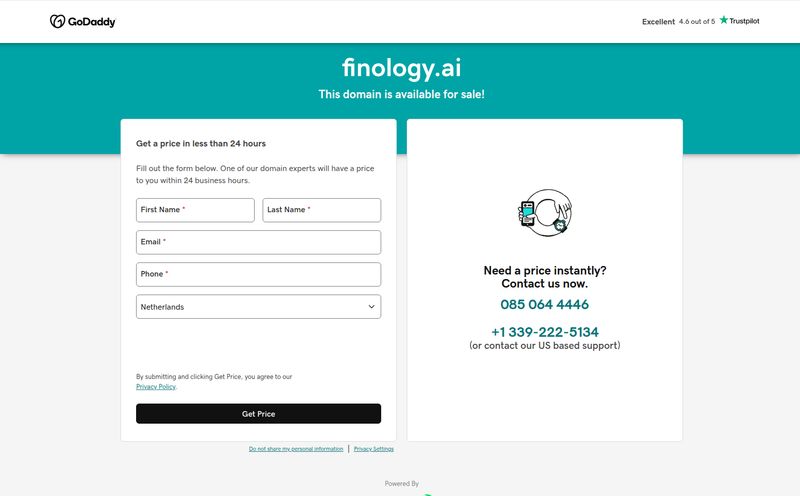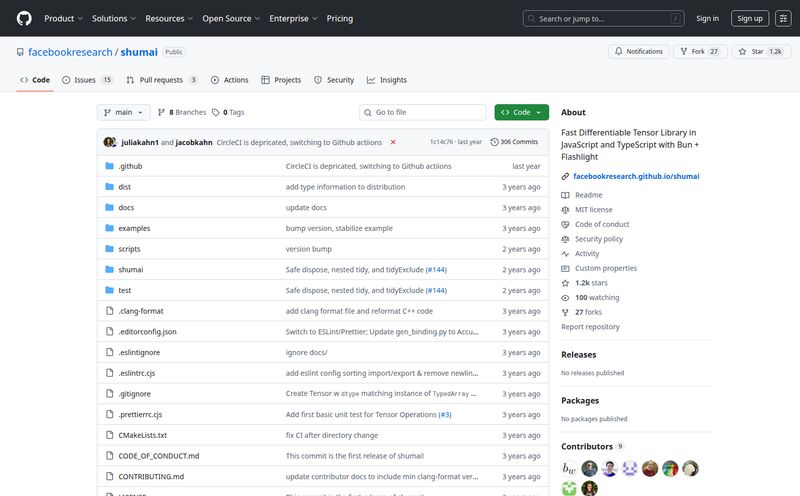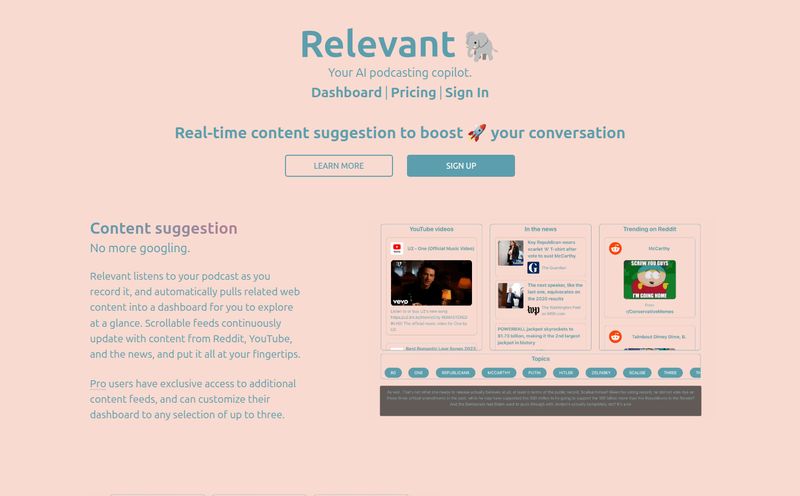I get excited about new tools. It’s part of the job, I guess. As someone who lives and breathes SEO and digital trends, I'm always on the lookout for the next cool thing, the next platform that solves a real, nagging problem. A few weeks ago, a name popped onto my radar: LegislatureAI. The pitch was simple, elegant, and frankly, something we desperately need.
The idea? A free-to-use platform to track bills, meetings, and all the bureaucratic goings-on across cities and counties. It promised to be a single, clean dashboard for local government. No more digging through ancient .gov websites that look like a Geocities relic. Just pure, unadulterated transparency. I was hooked.
For anyone who’s ever tried to figure out why a new stop sign appeared, or what the deal is with that new condo development, you know the pain. It’s an opaque world, intentionally or not. A tool like this isn't just a convenience; it's a pillar of a functioning local democracy. So, naturally, I went to check it out.
And that’s where our story takes a weird, very 2024 turn.
The Dream of Radically Transparent Government
Before we get to the ghost in the machine, let's talk about the dream. What was LegislatureAI supposed to be? According to the breadcrumbs of data left behind, it was designed to be a legislative tracking platform for state and local government, starting with over 20 cities and counties in the Bay Area and Hawaii.
Think about that for a second. From San Francisco and Alameda County to Honolulu, you could have had one place to see it all. The platform was set to let users:
- Browse bills and meetings without needing a political science degree.
- Filter everything by state, government body (City Council, Board of Supervisors, etc.), and even by topic.
- See a clean list of upcoming meetings.
- And my personal favorite feature: the ability to add a meeting directly to your calendar. Simple. Genius.
This is the kind of stuff that empowers people. Small business owners tracking commercial regulations, community activists organizing around housing policy, journalists on a deadline, or just a curious resident like you or me. It lowers the barrier to entry for civic engagement, which is something I think we can all agree is a good thing. The potential was huge.
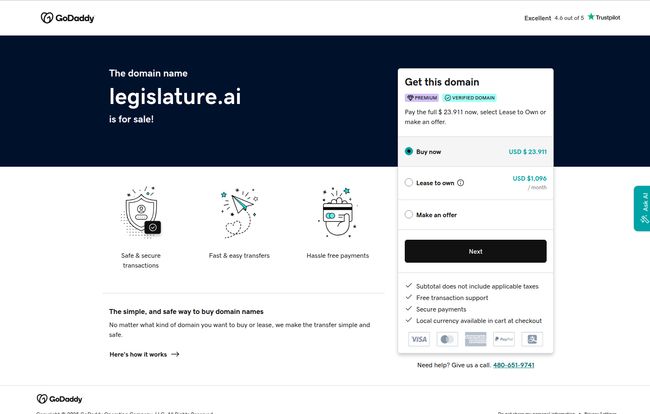
Visit LegislatureAI
So, Where Is This Amazing Tool Now?
This is the part where I put on my detective hat. I typed `legislature.ai` into my browser, ready to be impressed. And I was greeted not by a dashboard of democracy, but by a GoDaddy landing page.
The domain name legislature.ai is for sale.
For how much, you ask? A cool $23,911. Or, if you’re on a budget, you can lease it for a mere $1,096 a month. Ouch. That’s not a bug; it’s a digital tombstone. A very, very expensive one.
This is a story I’ve seen play out a hundred times in the tech world. A brilliant idea, maybe even a working prototype, fades into the ether. The domain registration lapses. And then a domain investor, smelling opportunity, snatches it up. The `.ai` top-level domain (TLD) is hotter than a two-dollar pistol right now, and valuable keywords like “legislature” make it a prime piece of digital real estate. So, in a way, the price tag is a testament to the power of the original idea.
What Went Wrong? A Few Educated Guesses
We can only speculate, but in my experience, promising projects like this usually hit one of a few common walls.
The Sustainability Problem
The service was listed as “free to use.” While that’s fantastic for users, it’s a nightmare for founders. Building and maintaining a platform like this costs money. You have server costs, development time, and the sheer manpower needed to keep the data accurate. Scraping information from dozens of different government sources—each with its own format and update schedule—is a Herculean task. Without a clear path to revenue (grants? a premium tier? sponsorships?), the financial runway gets short, fast.
The Data Dependency Trap
Another major hurdle is the data itself. The tool’s usefulness is entirely dependent on the timely and accurate updates from local governments. And let's be honest, government agencies aren't exactly known for their lightning-fast digital operations. One city might post an agenda a week in advance, another might post it 24 hours before the meeting. Standardizing that chaos is a full-time job.
Just a Shift in Focus?
It’s also possible the founders simply moved on. Life happens. People get new jobs, priorities change, and passion projects, even great ones, can get left behind. It’s a bummer, but its a common tale in the startup world.
Even as a Ghost, LegislatureAI Highlights a Major Need
Here’s the thing, though. Even if LegislatureAI is now just a memory and a GoDaddy listing, the problem it tried to solve hasn't gone anywhere. The need for accessible, easy-to-digest information on local government is more critical than ever.
While federal politics gets all the airtime, it’s local decisions that often have the most direct impact on our daily lives. Zoning laws, school board policies, public transport budgets, business permits... this is the stuff that shapes our communities.
There are other tools out there, of course. Platforms like LegiScan do a great job at the state and federal level. And enterprise-grade solutions like Plural offer powerful tracking for professionals. But the niche LegislatureAI was aiming for—free, user-friendly, and hyper-local—remains a gaping hole. It’s a hole that needs filling.
The Good, The Bad, and The Bureaucratic
If LegislatureAI, or a tool like it, were to rise from the ashes, what could we realistically expect? Based on the initial premise, here’s a quick breakdown of the potential highs and lows.
| What We'd Love (The Pros) | The Likely Headaches (The Cons) |
|---|---|
| Zero Cost Barrier: Being free means everyone gets a seat at the table. No subscription fees to lock out students, activists, or the casually curious. | Limited Geography: Starting with just the Bay Area and Hawaii is smart, but scaling nationwide would be a monumental challenge. Many regions would be left out. |
| One-Stop Shop: The convenience of having multiple cities and counties in one place cannot be overstated. It saves hours of painful searching. | Data Lag: The platform would always be at the mercy of how quickly local governments post their documents. Information could occasionally be out of date. |
| Effortless Searching: Good filtering and search is the difference between a useful tool and a frustrating one. This was a core part of its DNA. | Incomplete Coverage: It might not include every single subcommittee or ad-hoc meeting, potentially leaving gaps in the information landscape. |
Despite the cons, I'd take a tool with these minor flaws over the current mess any day of the week.
Frequently Asked Questions about LegislatureAI
- What was LegislatureAI?
- LegislatureAI was a proposed free tool for browsing and tracking local government bills and meetings. It was designed to initially cover over 20 cities and counties in California's Bay Area and Hawaii, promoting civic transparency.
- Is LegislatureAI still available?
- No. The domain name `legislature.ai` is currently for sale on GoDaddy, which strongly suggests the project is inactive or was never fully launched.
- How much does the legislature.ai domain cost?
- As of late 2024, the domain is listed for sale at $23,911. The price reflects the high value of `.ai` domains and the relevant keywords in the name.
- Why is tracking local government so important?
- Local governments make decisions about zoning, schools, public safety, and infrastructure that directly affect our daily lives. Tracking their activities helps citizens stay informed, hold officials accountable, and participate in the democratic process.
- Are there any good alternatives to LegislatureAI?
- For state and federal legislation, tools like LegiScan are excellent. For professional policy tracking, platforms like Plural exist. However, for free, consolidated, and user-friendly local government tracking, there is still a significant gap in the market.
- What is 'civic tech'?
- Civic tech refers to technology that is used to empower citizens or help make government more accessible and effective. This includes tools for voting information, public data visualization, citizen reporting, and legislative tracking like LegislatureAI aimed to be.
A Toast to the Almosts
So, here’s to LegislatureAI. A great idea that, for whatever reason, seems to have become a digital ghost. It's a classic, bittersweet story from the world of tech: immense potential that vanishes into the digital ether. But its disappearance does more than just free up a premium domain name; it shines a bright light on a problem that's still waiting for a hero.
Maybe someone will pay the $24k and resurrect the dream. Or maybe a new team, somewhere else, is already building the next, better version. I sure hope so. Because the idea of radical transparency in our own backyards is too good to leave on a GoDaddy shelf.
Reference and Sources
- GoDaddy Listing for legislature.ai (Note: This link may become inactive if the domain is sold or the listing is removed.)
- LegiScan - State and Federal Legislative Tracking
- Plural - Professional Policy Tracking Software
